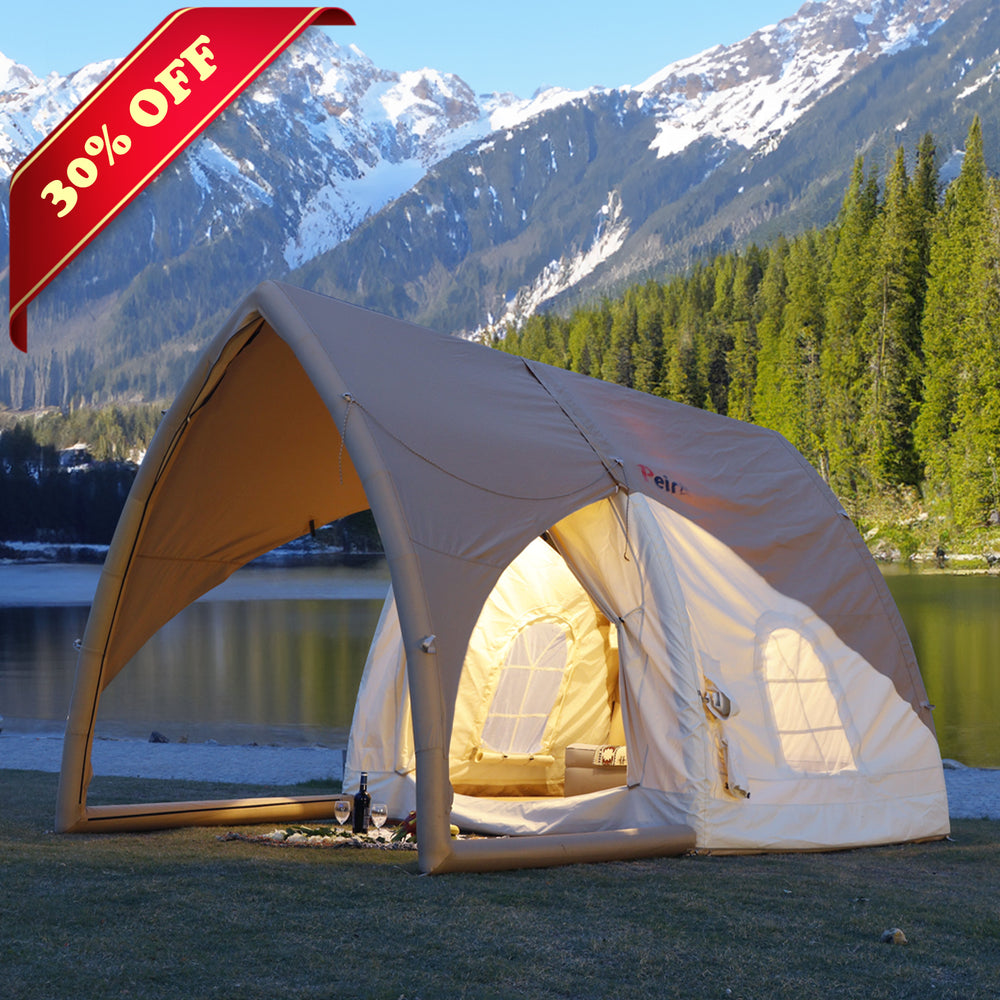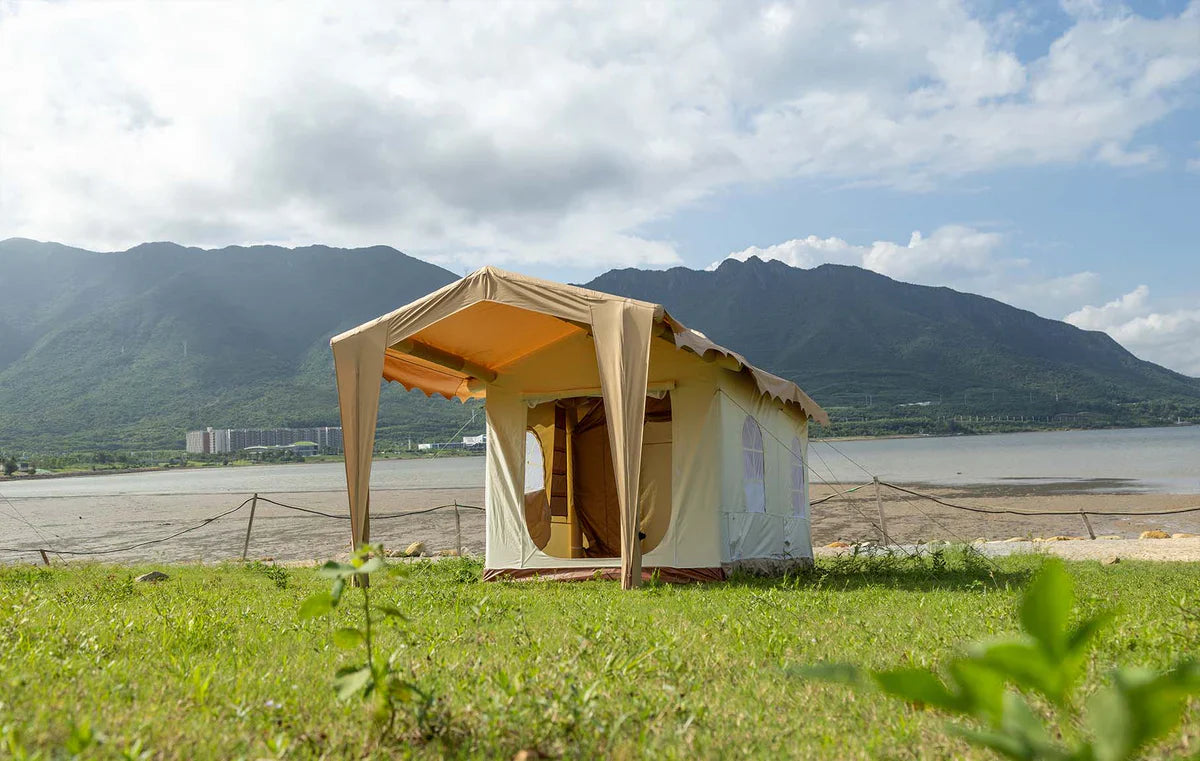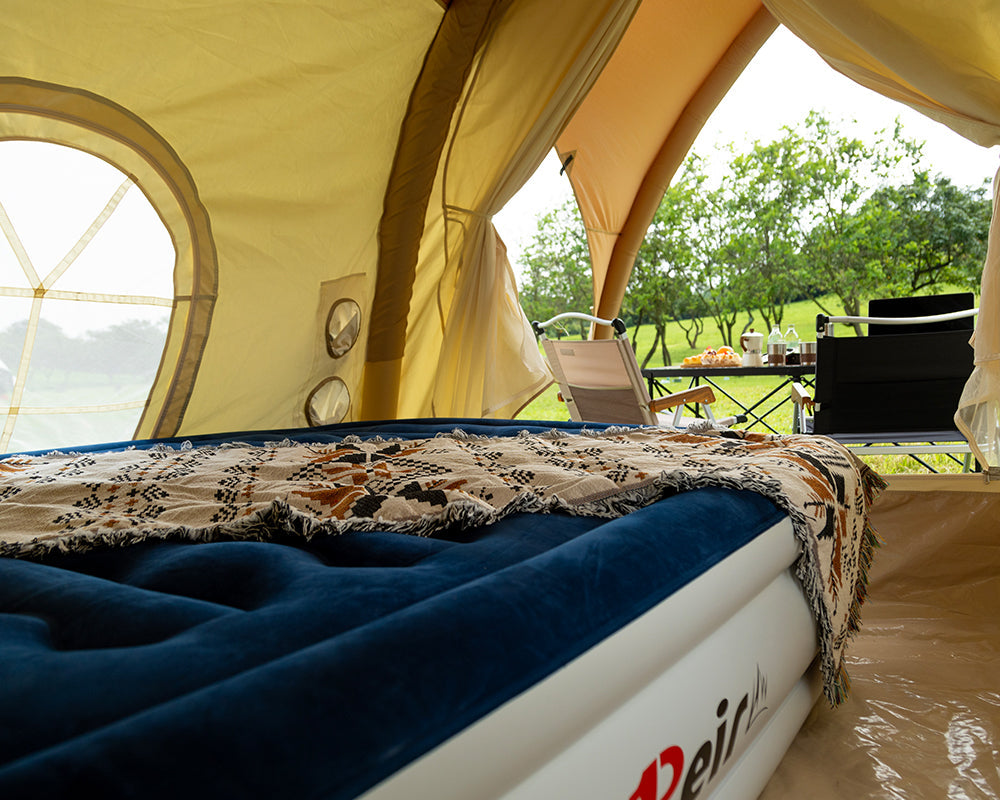The Role of Insulation in Camping Tent
When camping in cold weather, it is important to make sure the tent is insulated. If the tent is insulated, it will make you more comfortable during sleep. This is also our main consideration when designing the tent, including choosing materials.
How Tents Provide Insulation
When talking about how to keep a tent warm, we have to talk about the material, structure, design, etc. of the tent. First of all, the tent material selected, such as canvas, has a good thermal insulation effect. When designing, in addition to considering convenience, thermal insulation performance should also be considered.
Types of Tents and Their Insulating Features
Different tent structures have different degrees of insulation effects. For example, single-layer tents are lighter and more convenient, but their thermal insulation performance is poor and they are more suitable for mild climates. Double-layer tents, on the other hand, can provide good insulation and are more suitable for extreme weather. Synthetic tents, although light and affordable, have poor thermal insulation effects.
External Factors That Influence Tent Insulation
External conditions will affect the thermal insulation of the tent. For example, the insulation material on the ground can cause heat to dissipate from under the floor. At the same time, extreme weather such as wind and rain can also make heating difficult. If you choose other accessories when camping, such as carpets, sleeping bags, etc., the effect will be better.
Tips to Improve Tent Insulation
Enhancing your tent’s insulation can be simple with the right tools and techniques. An insulated liner adds an extra layer of warmth, while foam pads or reflective ground covers reduce heat loss from the floor. DIY solutions, such as attaching reflective blankets inside the tent or creating windbreaks with tarps, can make a noticeable difference. However, it’s vital to balance insulation with proper ventilation to prevent condensation, which can lead to a damp, uncomfortable environment.
Do Smaller Tents Retain More Warmth?
If the tent is small, the warmth effect is generally good, mainly because the internal space is small, which makes it easier to keep the tent warm. For large tents, it is not so easy to keep warm. For the outside, because the tent is small, the heat dissipation area is small, and large tents are easily not so warm in cold weather.
Are Winter-Specific Tents Necessary?
If you often camp in winter, you should choose a winter tent. This type of tent is also called a four-season tent. Compared with traditional tents, the materials used are more sturdy because they need to face extreme weather. If you choose a conventional tent or a three-season tent, it may not bring good comfort in the face of bad weather.
Which Tent Material Offers the Best Insulation?
Canvas stands out as the best material for tent insulation due to its thickness and durability. It retains heat effectively, making it ideal for colder environments, while also allowing for breathability to control condensation. Although canvas tents are heavier and less portable than synthetic alternatives, their insulating qualities are unmatched. For lighter options, synthetic fabrics like nylon or polyester can work well in double-wall tents, where the air layer between walls adds insulation. Adding reflective materials, such as thermal blankets or liners, can further enhance a tent’s insulating capabilities.
How to Insulate a Tent for Summer Camping
Insulating a tent for summer is focused on keeping it cool rather than warm. Start by choosing a tent with breathable fabrics and ample ventilation to allow air circulation and prevent heat buildup. Using reflective tarps or covers over the tent can deflect sunlight, helping to lower the interior temperature. Setting up in shaded areas and utilizing a groundsheet can also reduce heat transfer from the ground. Lightweight reflective materials can be used as interior liners to further repel heat. Proper airflow, combined with reflective barriers, is key to maintaining a comfortable tent environment during hot weather.
Conclusion
The insulation properties of a tent are crucial for ensuring comfort and safety while camping. Whether you're dealing with freezing cold or sweltering heat, the right tent can help regulate internal temperatures to suit your needs. Factors such as material, design, and external conditions all play a role in insulation effectiveness. Enhancing your tent's insulation with accessories and smart techniques can make a significant difference. By understanding how tent insulation works, you can make better-informed decisions to elevate your camping experience, no matter where your adventures take you.
FAQs
Q: What's the best material for tent insulation?
A: Canvas is excellent for insulation, but synthetic fabrics can also work well with proper layering.
Q: Can I improve my tent's insulation on a budget?
A: Yes, using affordable accessories like thermal liners and reflective blankets can boost insulation.
Q: How do I prevent condensation in an insulated tent?
A: Ensure proper ventilation by slightly opening vents or doors to allow moisture to escape.
Q: Are four-season tents worth it for insulation?
A: If you camp in extreme cold or year-round, a four-season tent offers superior insulation and durability.






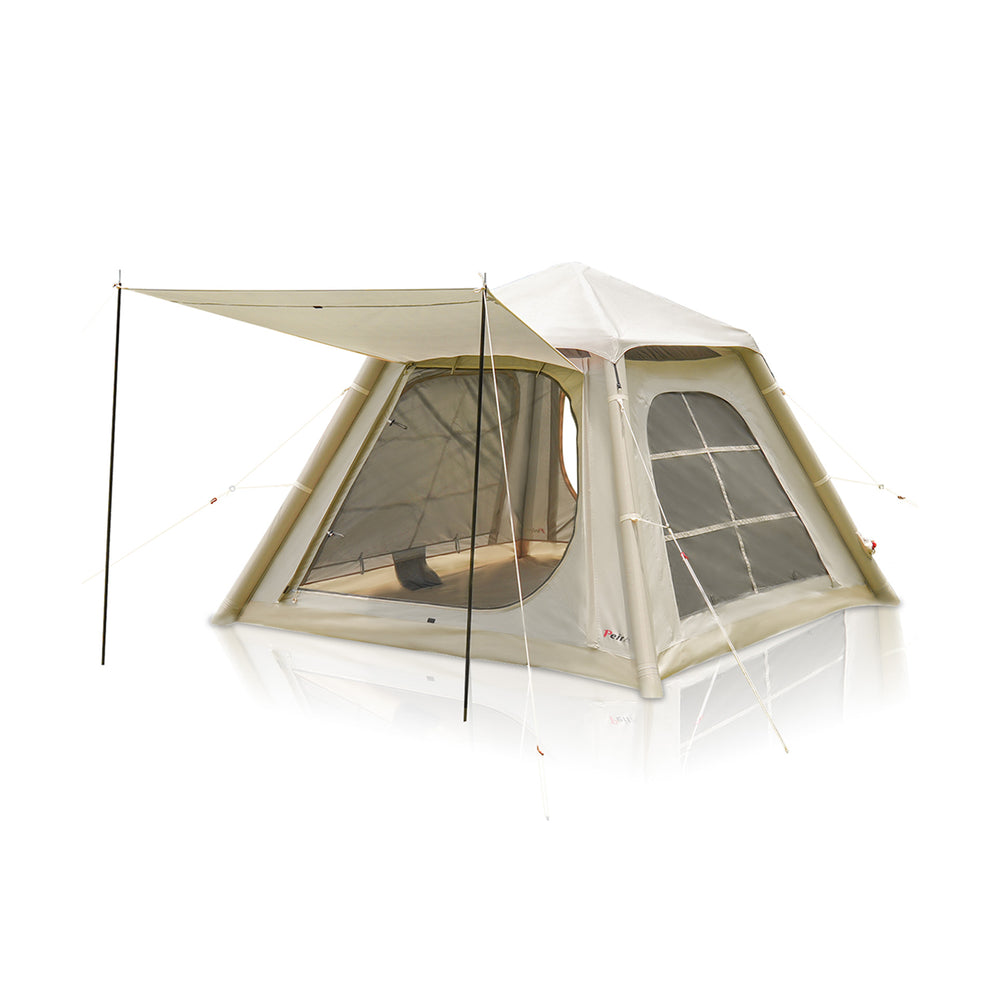
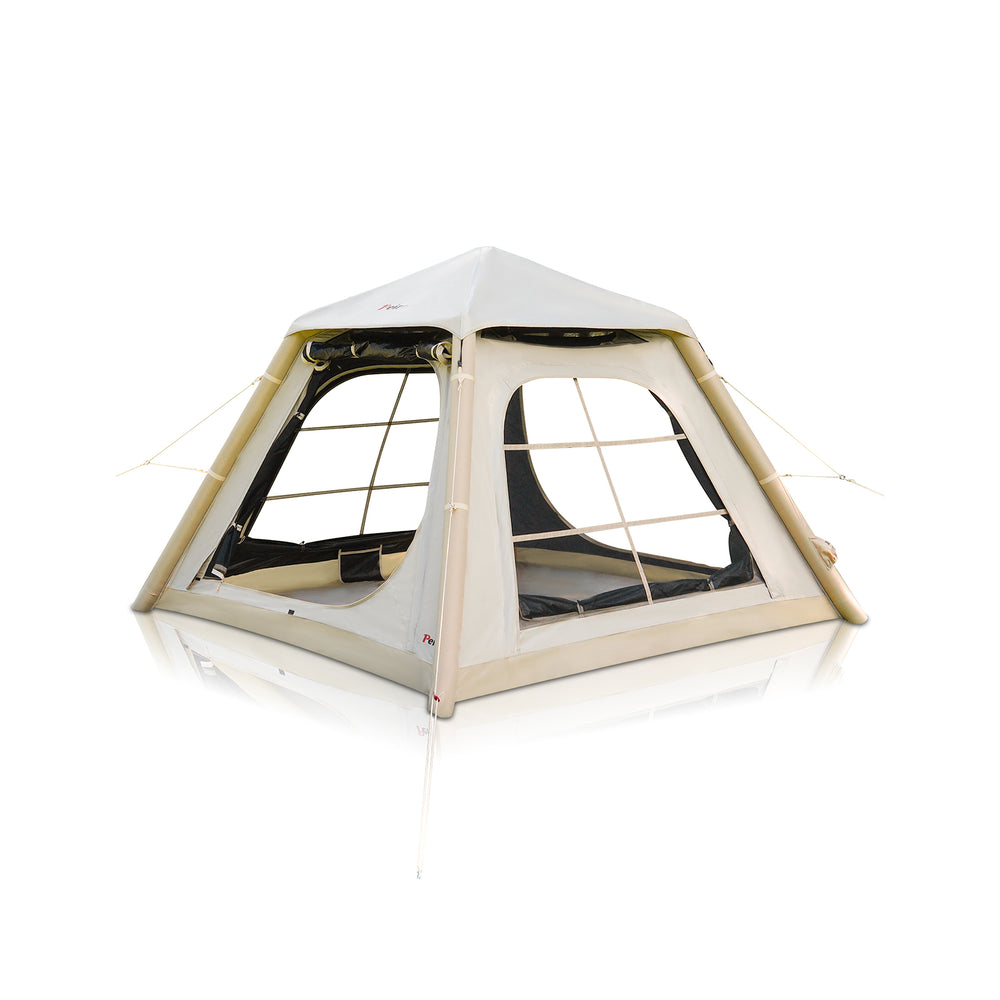
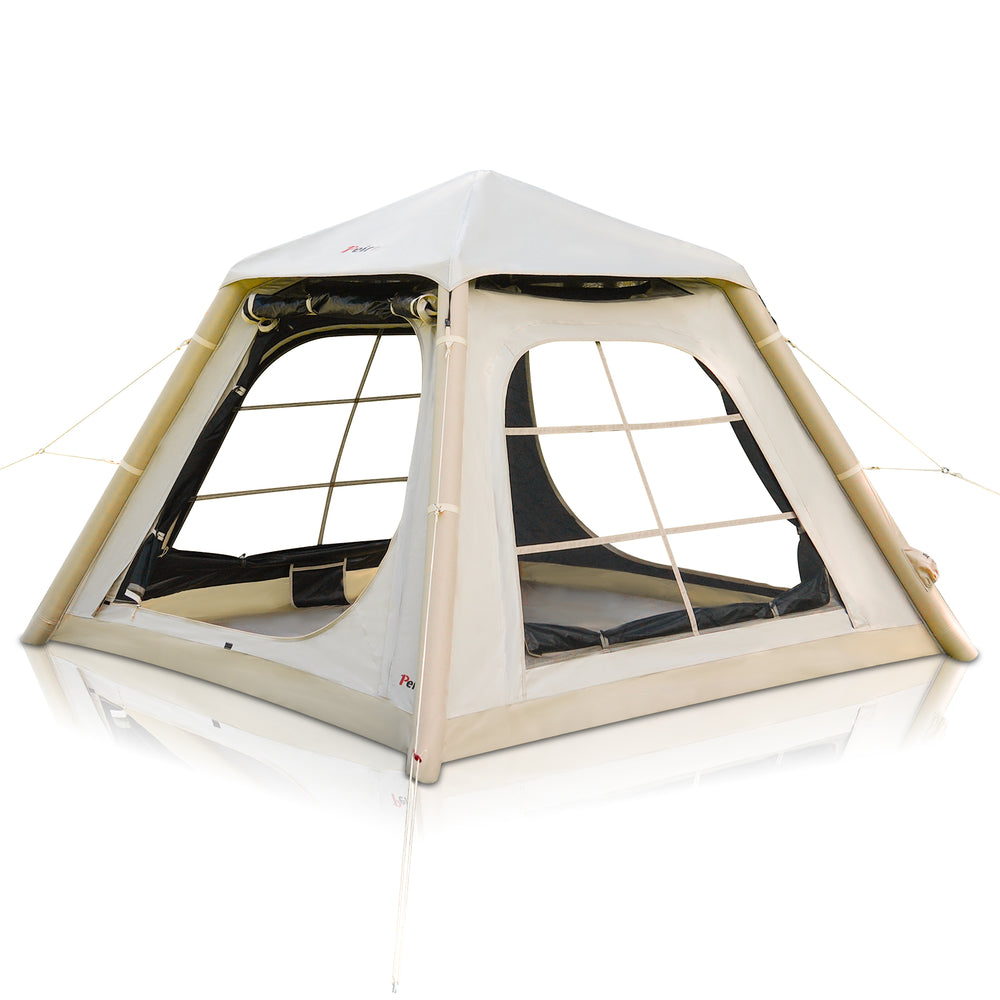
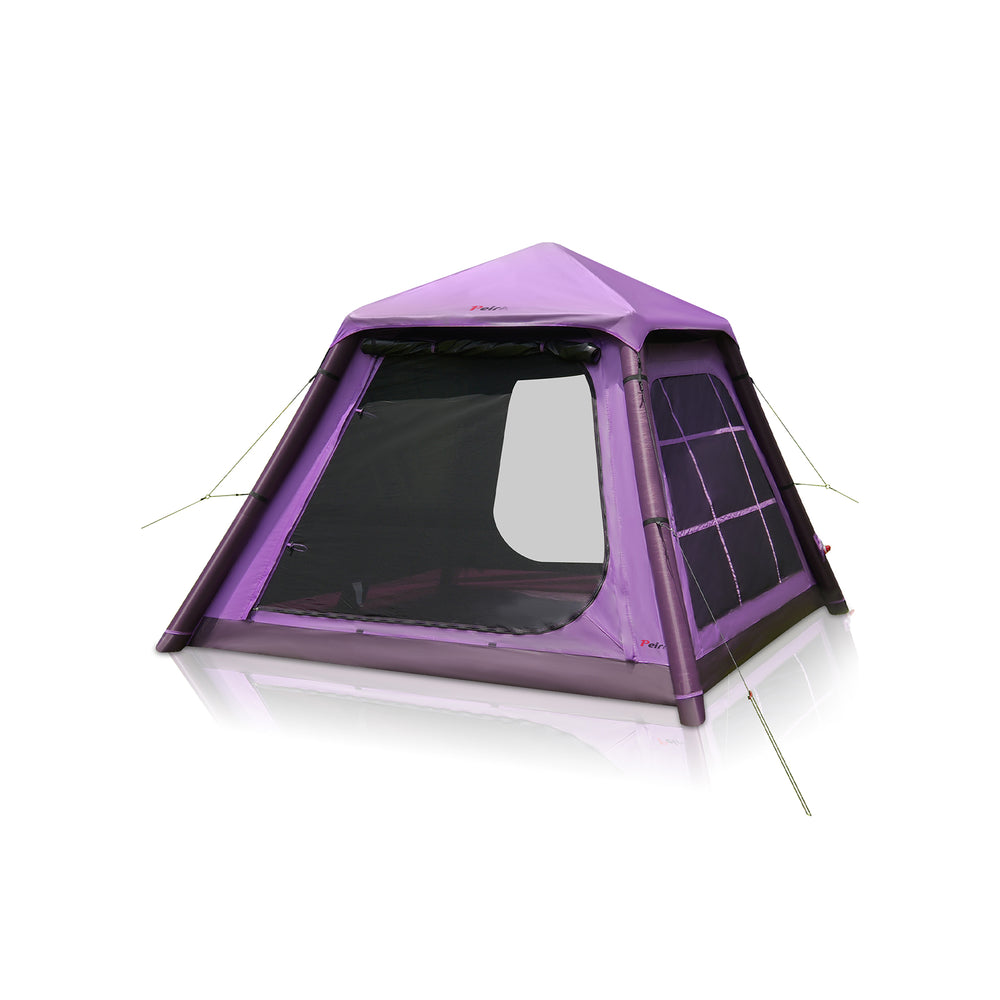


 Peirhw Inflatable House Tent - Starry Night Love
Peirhw Inflatable House Tent - Starry Night Love
 Peirhw Glamping Tents - Friendship Castle
Peirhw Glamping Tents - Friendship Castle
 Peirhw Inflatable Canopy Tent - Adventurer
Peirhw Inflatable Canopy Tent - Adventurer

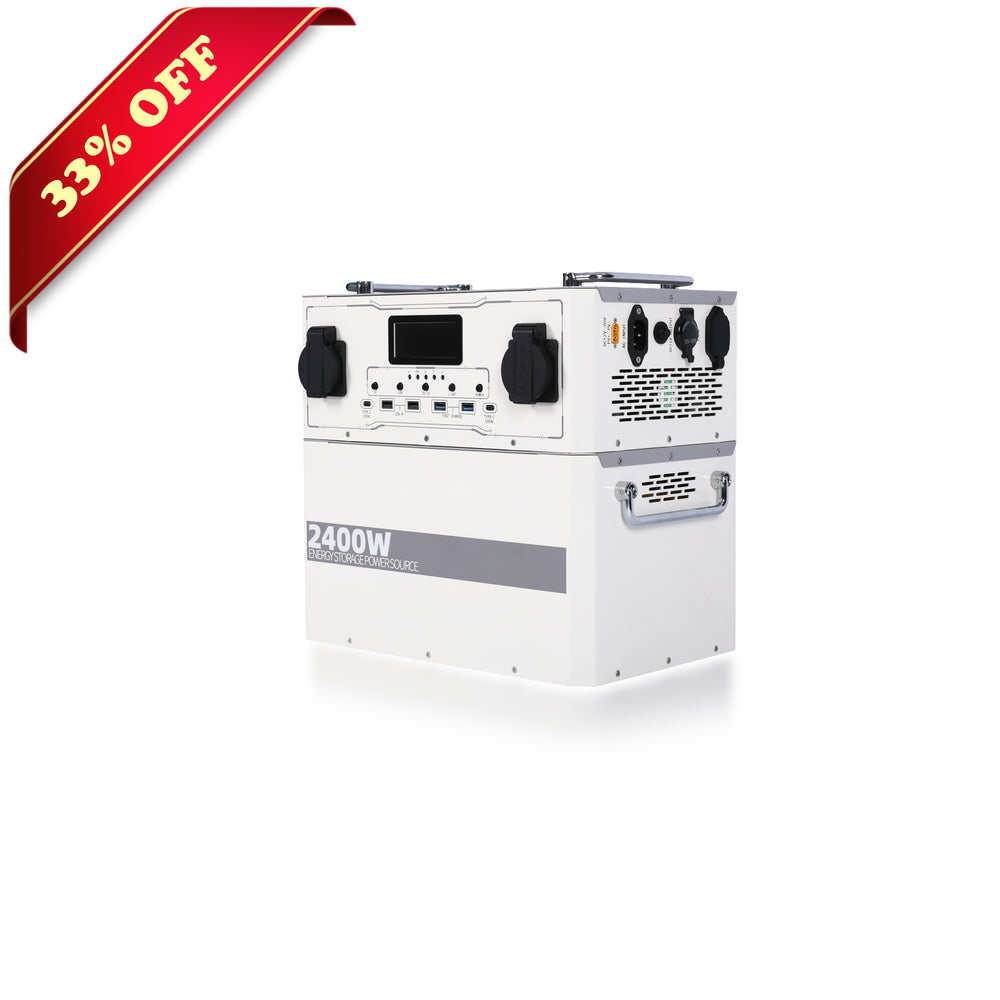
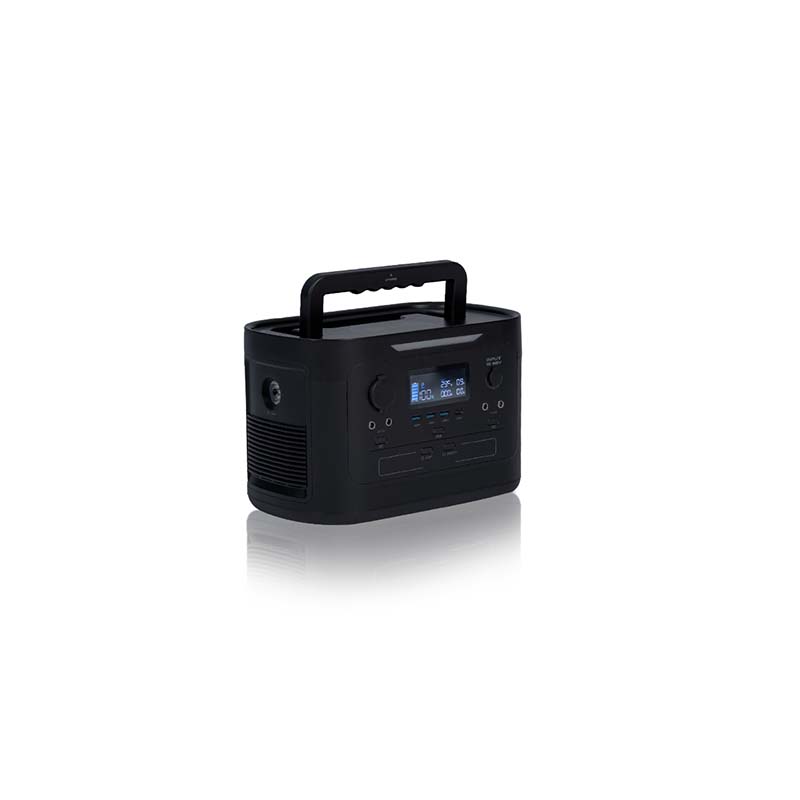
 Peirhw Portable Air Conditioner
Peirhw Portable Air Conditioner
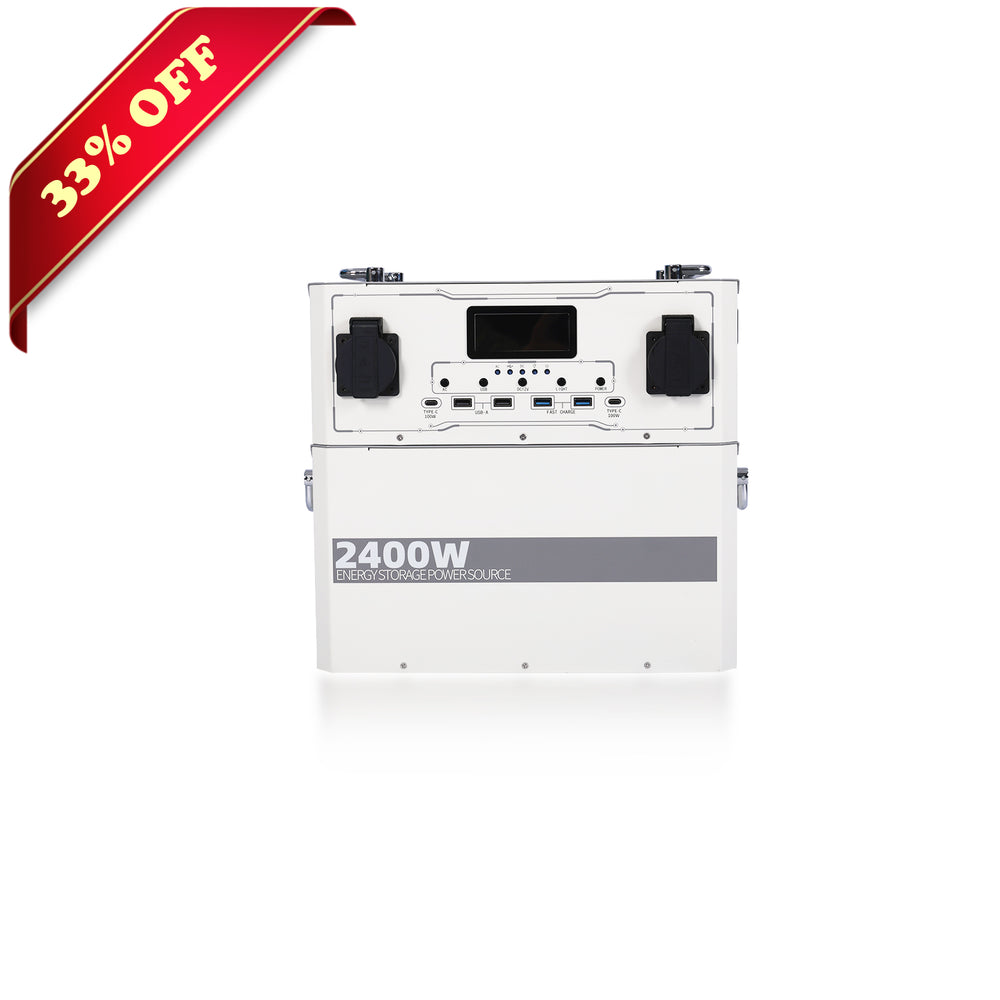 【Advance Sale】Peirhw Portable Power Station 2400W
【Advance Sale】Peirhw Portable Power Station 2400W
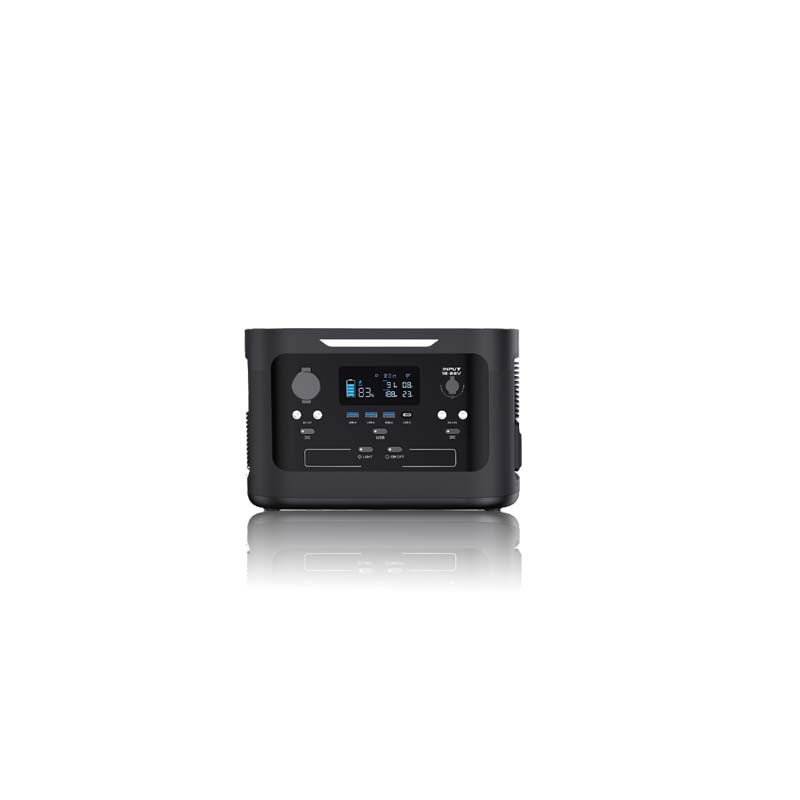 【Advance Sale】Peirhw Portable Power Station 600W
【Advance Sale】Peirhw Portable Power Station 600W

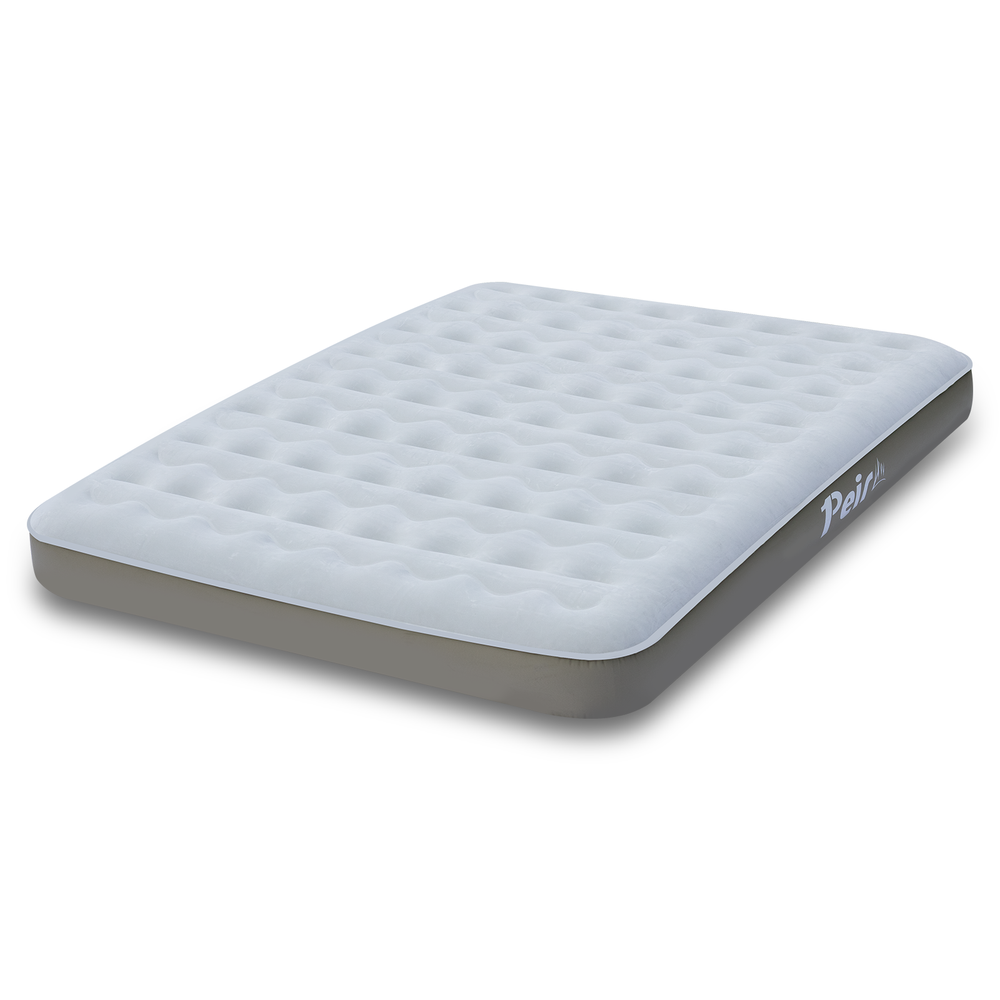



 Peirhw Self Inflating Sleeping Pad
Peirhw Self Inflating Sleeping Pad
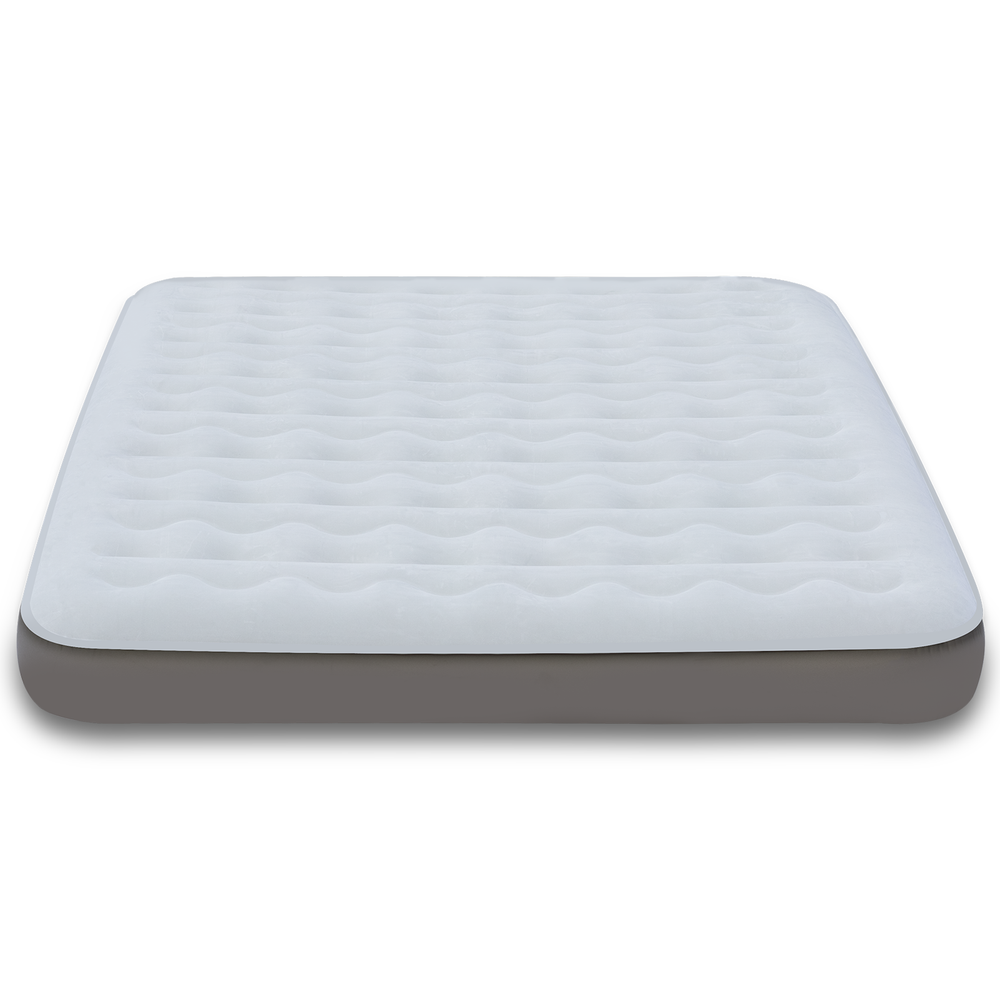 Peirhw Air Mattress (8" Queen Type)
Peirhw Air Mattress (8" Queen Type)
 Peirhw Camping Sleeping Bag
Peirhw Camping Sleeping Bag


 Peirhw Butterfly-shaped Canopy for Camping
Peirhw Butterfly-shaped Canopy for Camping
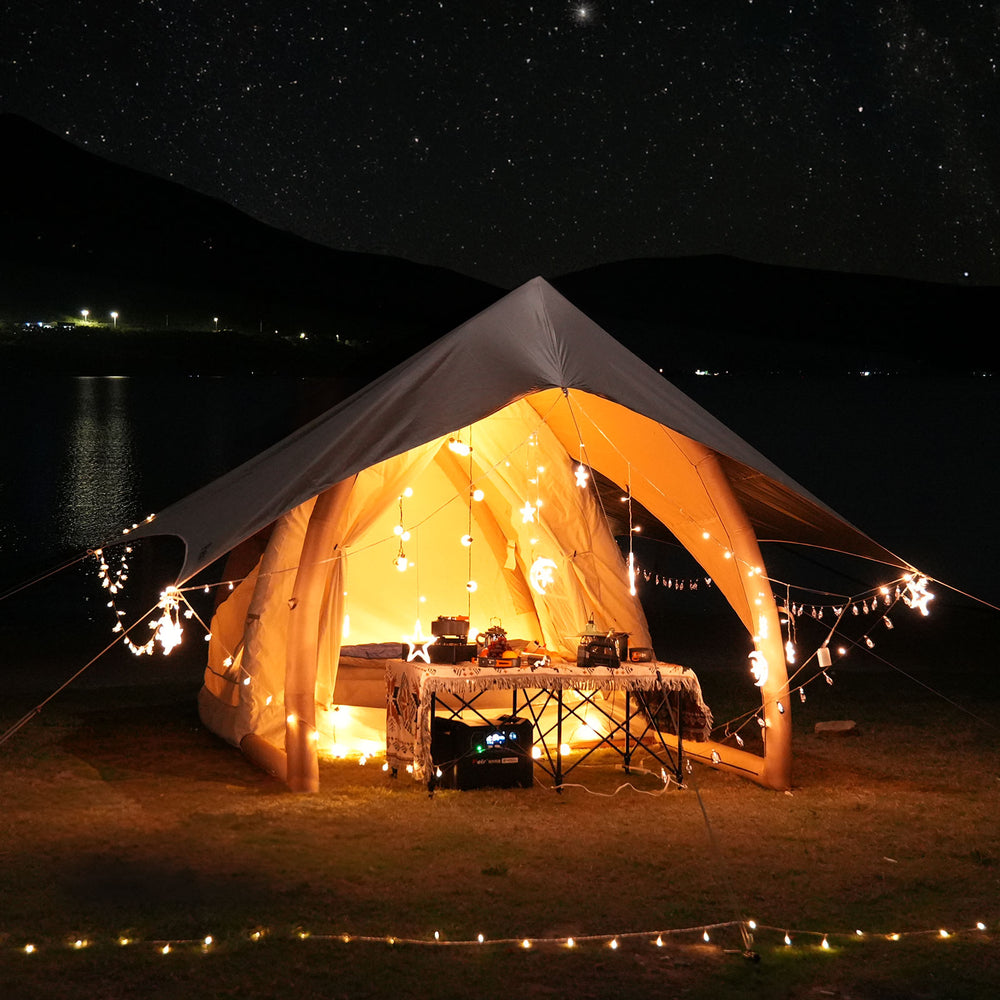 Peirhw Camping Waterproof Canopy (Cannot be Purchased Separately)
Peirhw Camping Waterproof Canopy (Cannot be Purchased Separately)

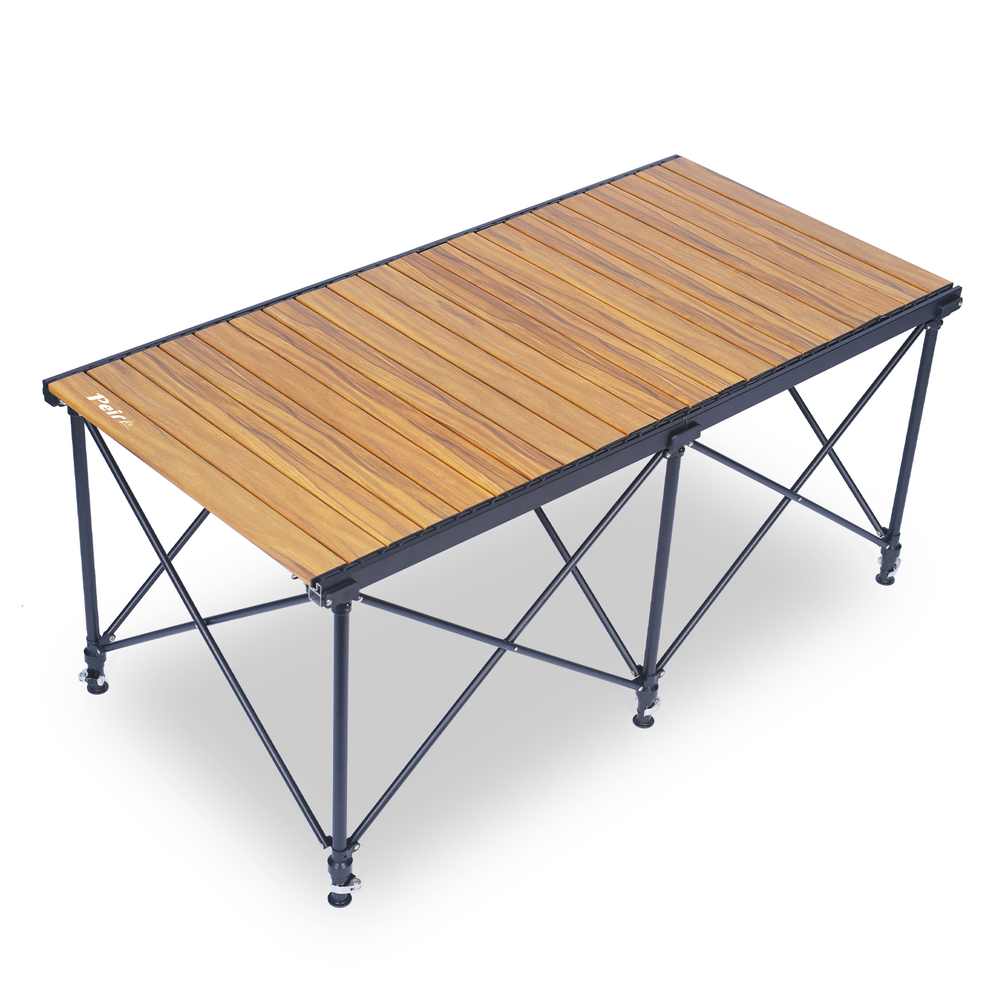
 Peirhw Outdoor Folding Chairs
Peirhw Outdoor Folding Chairs
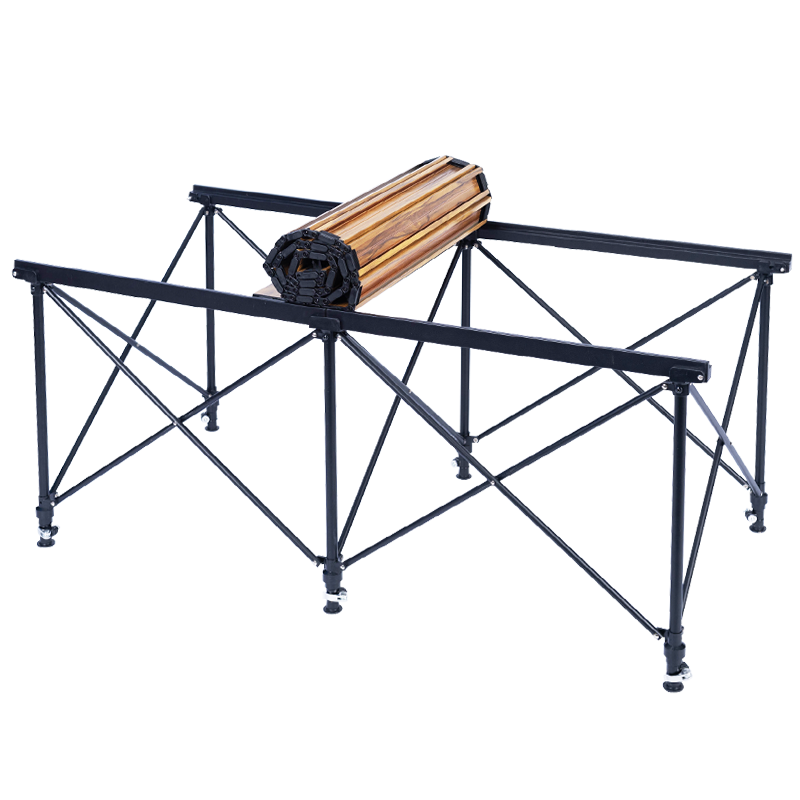 Peirhw Folding Camping Table
Peirhw Folding Camping Table





